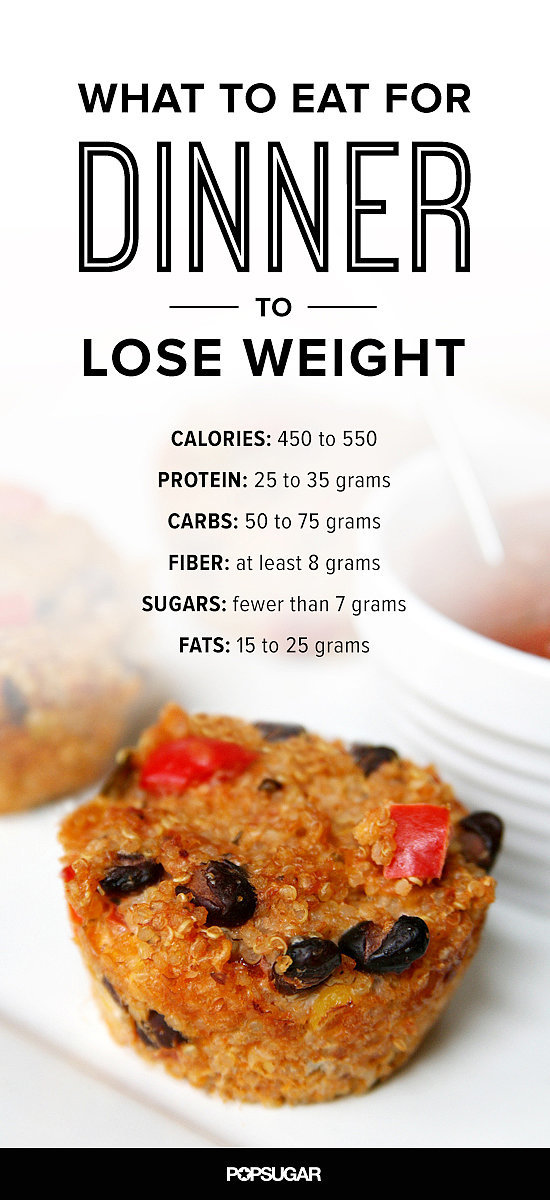Vitamin D, a fat-soluble vitamin, is acquired in the diet from fortified milk or juice, fish oils and supplements. It is also produced in the skin with sunlight exposure, but babies born in winter months do not typically benefit from sun-acquired maternal vitamin D. Now, a new study suggests that babies born in the winter months benefit from maternal vitamin D supplementation, as it makes up for the lack of sunlight. Babies born during winter months benefit from maternal vitamin D supplementation, the new study shows. The researchers of the latest study, published in The Lancet Diabetes & Endocrinology, say…
Babies born during winter months benefit from maternal vitamin D supplementation, the new study shows.
The researchers of the latest study, published in The Lancet Diabetes & Endocrinology, say that the high prevalence of osteoporosis makes it suitable for targeted public health interventions to improve bone health.
They note that increasing evidence suggests that early growth and factors in utero or early infancy can affect long-term skeletal growth and peak bone mass. According to the team, weaker bones in infancy and childhood may predispose individuals to osteoporosis at an older age.
In the US, the Food and Nutrition Board at the Institute of Medicine of the National Academies state that vitamin D intake during pregnancy should be at 600 international units (IU) per day – or 15 µg. Most prenatal vitamins contain 400 IU (10 µg) per tablet.
The researchers – led by Prof. Cyrus Cooper and Prof. Nicholas Harvey from the MRC Lifecourse Epidemiology Unit at the University of Southampton in the UK – say previous observational studies have linked higher maternal vitamin D levels during pregnancy with increased bone mass in offspring.
However, they add that there is not strong evidence from randomized trials.
No significant difference observed until analysis of birth season
Results from the latest study come from the Maternal Vitamin D Osteoporosis Study (MAVIDOS), which is the first randomized, placebo-controlled trial that is designed to investigate the effect of vitamin D supplementation on bone health of newborns using bone density scanning.
For their research, the team recruited 1,134 women from three study sites in the UK between October 2008-February 2014. The women were all between 14-17 weeks pregnant, and they had low to normal levels of vitamin D.
As part of the study, half of the women took a 25 µg vitamin D capsule each day until delivery of the baby, while the other half took an oral placebo capsule daily.
Results showed that there was not a significant difference in bone mass of the babies who were born to women who took vitamin D supplements, compared with those born to women who took the placebo.
Further analysis that took into account the season of birth revealed, however, that babies who were born in winter to mothers who took vitamin D supplements had greater bone mass, compared with babies born to mothers who took the placebo.
Additionally, the researchers found that, among mothers who gave birth in winter, vitamin D concentrations fell from 14-34 weeks’ gestation in women from the placebo group, whereas they rose in women who took vitamin D supplements.
”Babies’ bones strengthen during the last stages of pregnancy. Since sunlight is our most important source of vitamin D, mothers’ levels of vitamin D tend to drop from summer to winter, and babies born in the winter months tend to have lower bone density than those born during the summer,” says Prof. Harvey. He adds:
”The MAVIDOS Trial has given us the first evidence that supplementing mothers with vitamin D during pregnancy counteracts the seasonal drop in maternal vitamin D levels and may help to ensure good bone development in these winter births.”
Prof. Cooper adds that supplementation “is safe and effective in raising vitamin D levels in mothers whose babies are born during winter months.”
Study limitations
Although the study has many strengths, the researchers admit to certain limitations. Firstly, due to stipulations as part of the ethics approval process, they were not able to include participants with baseline vitamin D levels less than 25 nmol/L.
Additionally, their study did not include many non-white women. And finally, the researchers note that bone mineral density scans in newborns are quite difficult to conduct, because babies move a lot and have a low absolute bone mineral content.
Still, their findings are significant. In a linked comment to the study, Prof. Ian R. Reid, from the University of Auckland in New Zealand, notes that during pregnancy, “low maternal vitamin D concentrations have been associated with gestational diabetes, preeclampsia, infants who are small for their gestational age and lower offspring bone mass.”
He adds that “in pregnancy and other contexts, we should be moving to targeted supplementation with vitamin D in individuals likely to have (low vitamin D concentrations) and away from mass medication, which is without proved benefit.”
Medical News Today asked Prof. Cooper about any ongoing research they are conducting, and he said:
“There’s a program of research looking at maternal vitamin D supplementation and offspring bone health and body composition, where we have laboratory research trying to evaluate the mechanism whereby vitamin D supplementation might link to improved bones of the offspring.”
He said their work is pointing to epigenetic influences, and he added that they also have a series of follow-up intervention studies that are looking at whether using behavioral interventions to inform women about dietary patterns during pregnancy changes the outcomes for their babies.
MNT recently reported on a study that suggested low vitamin D levels could increase the risk of leukemia.
Source: Vitamin D supplementation in pregnancy benefits winter babies : Medical News Today



